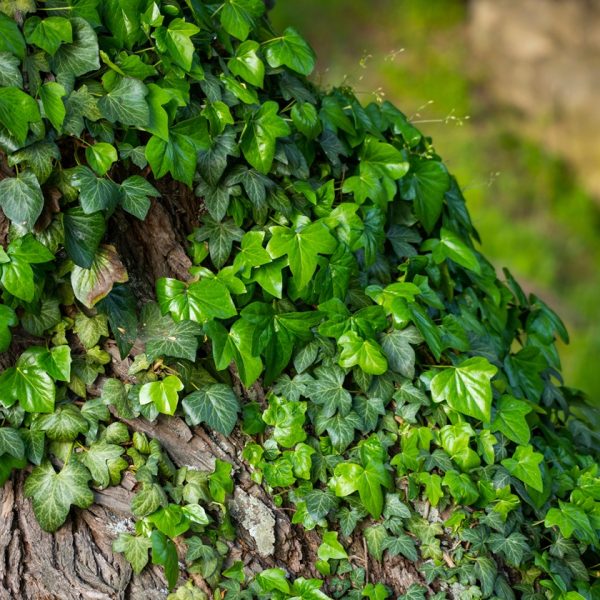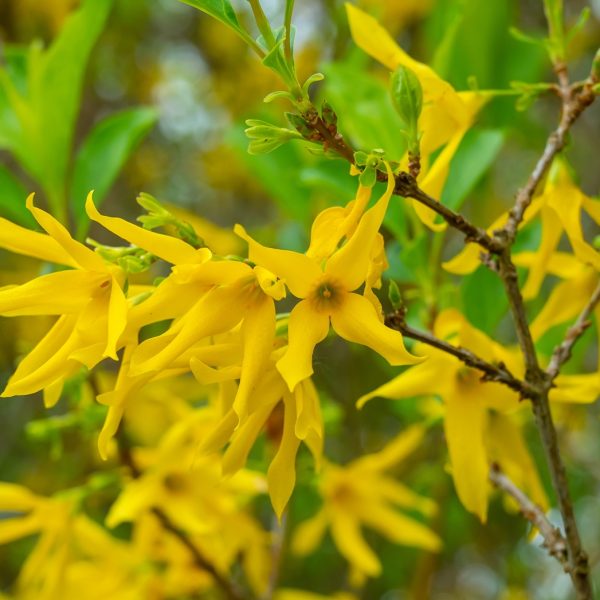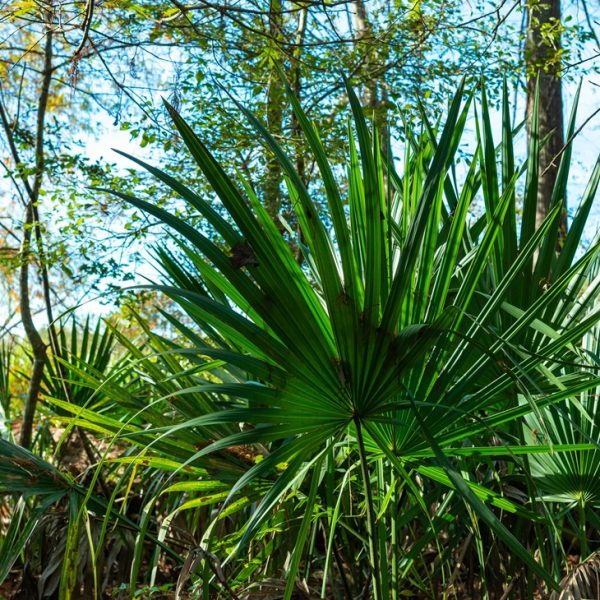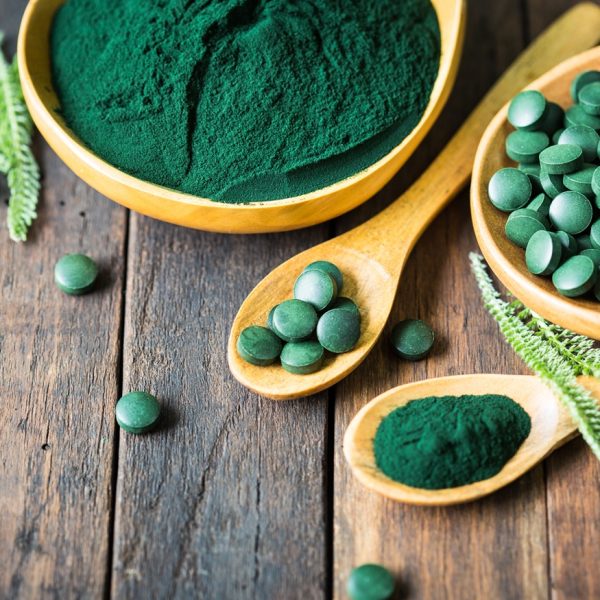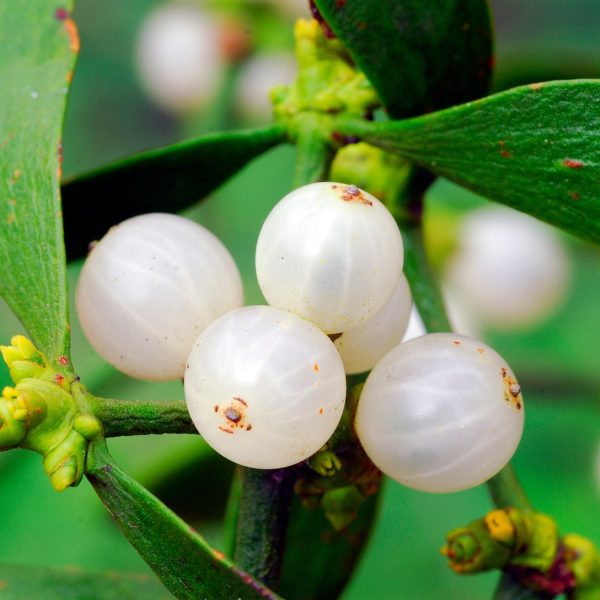
In this article, we summarise the study, Effectiveness of gotu kola extract 750 mg and 1000 mg compared with folic acid 3 mg in improving vascular cognitive impairment after stroke.
Plant name and species
Gotu kola (Centella asiatica)
Aim of study
This study investigated the effectiveness of gotu kola in improving cognitive function in people with vascular cognitive impairment (VCI) after suffering a stroke. VCI is a condition of the mind where a person’s ability to be mentally aware, think and feel is impaired. Symptoms can range from forgetfulness to more serious problems with language, attention, memory and problem-solving. Results of the treatment with gotu kola were compared with supplementation of folic acid.
Study method
Participants in the study were patients with cognitive impairment after stroke. They were split into three groups: One group were given 750mg of gotu kola extract a day; another was given 1000mg of gotu kola extract a day; and another group was given 3 mg of folic acid every day for 6 weeks. The Montreal Cognitive Assessment-Indonesian version (MoCA-Ina) was conducted at the beginning of treatment and after six weeks of therapy to assess the supplementations effects. This is a screening test which assesses different cognitive domains: attention and concentration, executive functions, memory, language, visuo-constructional skills, conceptual thinking, calculations, and orientation.
Herbal preparation
The gotu kola extract was prepared from whole herbs in a standardized dry form. The extraction solvent was ethanol 70% and the extract ration was 10:1. The preparation was given a Certificate of Analysis by a GMP certified facility.
Sample size
Overall, there were 48 participants.
- 17 people were treated with 750mg of gotu kola extract a day
- 17 people were treated with 100mg of gotu kola extract a day
- 14 subjects were treated with 3mg of folic acid a day
Results of study
All trial effectively improved symptoms of VCI poststroke, based on MoCA-Ina scores, and there was no significant difference among the three groups showing that gotu kola is as effective as folic acid in improving symptoms. It also showed 750mg and 1000mg of gotu kola were equally effective doses. Gotu kola was shown to be more effective than folic acid in improving the ability to recollect information learnt earlier.
Discussion
The effects of the gotu kola extract in the improvement of working memory, function, executive function, delayed recall memory are likely to be through modulating the production of dopamine in the prefrontal cortex area. The long-term benefits on memory are likely to be due to modulation of acetylcholine, serotonin, norepinephrine in the frontal cortex and hippocampus area which are involved in memory and cognition.
Side effects that arose as a result of gotu kola at 1000mg were constipation and itching (11.11% of participants. Some of the group who had 750 mg of gotu kola experienced a bloated feeling (5.5%), and the adverse effects of the folic acid were nausea and heartburn in 14.2% of the participants. This indicates that the best dose for most people is likely to be 750 mg of gotu kola.
Conclusion
The study concluded that gotu kola extract therapy is equal to folic acid therapy for improving cognitive impairment, and helps even more with memory recall. Both doses were well tolerated, but 750 mg of gotu kola seemed to have a lesser frequency of side effects.

